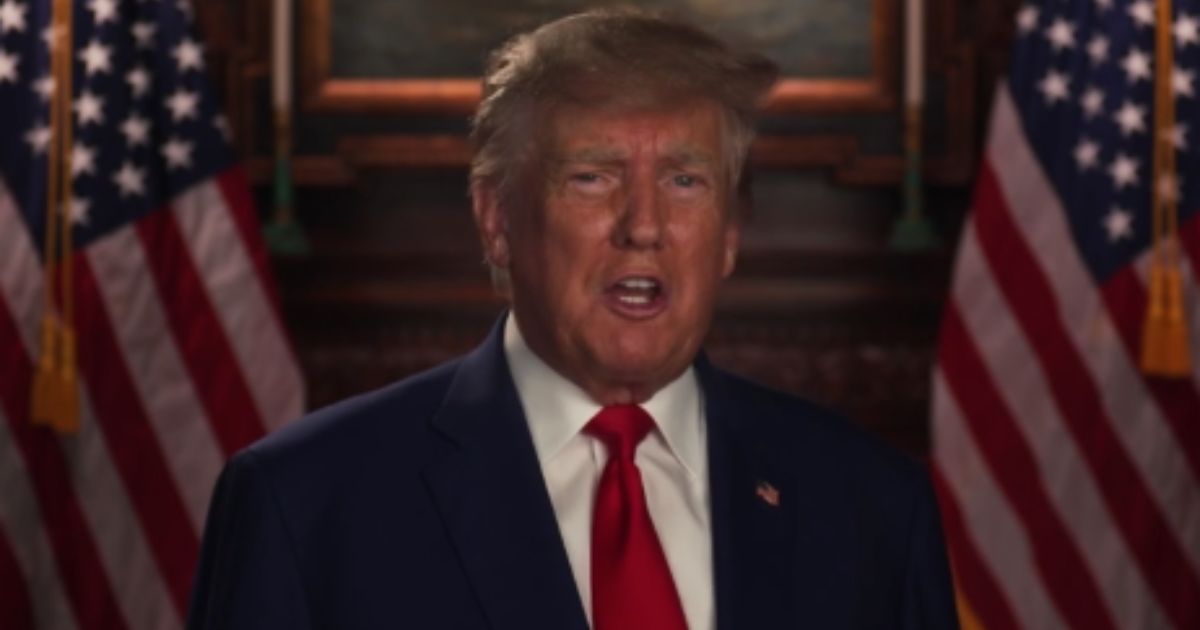Pam Bondi Ends Lawsuit Against Georgia Voting Law: Key Insights
Attorney General Pam Bondi takes center stage in a controversial decision that reshapes the legal landscape of Georgia's election reform law.
According to Newsweek, Bondi directed the Department of Justice on Monday to withdraw a lawsuit challenging Georgia's SB 202, a major election reform law that was enacted following the 2020 presidential election.
The lawsuit, initially filed under President Joe Biden's administration in June 2021, alleged the law deliberately suppressed Black voter turnout through various restrictions.
Bondi firmly rejected these claims, stating they were fabricated and intended to create division among Georgia voters. The dismissal marks a significant shift in the Justice Department's stance on state voting regulations.
Georgia Election Law Sparks National Controversy
SB 202 introduced multiple changes to Georgia's voting procedures that sparked intense debate across the country. The law established stricter voting requirements, including new voter ID rules for mail-in ballots and reduced access to ballot drop boxes in Atlanta's metropolitan area.
Additionally, it shortened the timeframe for requesting absentee ballots and prohibited providing food and water to voters waiting in line.
The law's implementation triggered immediate backlash from various sectors. Major League Baseball relocated its 2021 All-Star Game from Atlanta in protest. Corporate giants Delta Air Lines and Coca-Cola publicly criticized the measure, while Biden described it as "Jim Crow in the 21st century."
These responses highlighted the deep divisions surrounding election reform measures and their potential impact on voter access.
The controversy extended beyond Georgia's borders, becoming a focal point in the national debate over voting rights and election integrity.
Competing Claims About Voter Turnout Effects
Bondi's dismissal order emphasized increased voter participation since the law's implementation. She pointed to higher Black voter turnout as evidence contradicting suppression claims made by the Biden administration.
Civil rights organizations present a different perspective on the data. A Brennan Center for Justice report from December revealed that while the absolute number of Black voters increased between 2020 and 2024, actual turnout decreased by 0.6 percent when accounting for population growth.
Georgia Secretary of State Brad Raffensperger, who vocally supports the law, said:
It's a significant win for Georgia voters. Our commitment has always been to ensure fair and secure elections for every Georgian, despite losing an All-Star game and the left's boycott of Georgia as a result of commonsense election law.
Ongoing Legal Challenges and Future Implications
Despite the Justice Department's withdrawal, several legal challenges to SB 202 remain active. Civil rights groups and election integrity organizations continue pursuing separate lawsuits, citing potential violations of the U.S. Constitution and the Voting Rights Act.
The executive director of the Advancement Project, Judith Browne Dianis, expressed concerns about the law's broader impact:
These laws are part of a coordinated effort to reduce access to the ballot for voters of color and low-income communities.
These ongoing cases will likely shape the future of voting rights legislation and election administration across the United States. The outcomes could influence similar laws in other states and establish precedents for future election reform efforts.
DOJ Decision Reshapes Voting Rights Landscape
Attorney General Pam Bondi's dismissal of the Justice Department's lawsuit against Georgia's election reform law represents a significant shift in federal voting rights enforcement.
The decision effectively ends the Department's challenge to SB 202, which implemented various voting restrictions, including voter ID requirements for mail-in ballots and reduced ballot drop boxes in metro Atlanta.
While the federal challenge concludes, multiple civil rights organizations continue their legal fights against the law through separate lawsuits. The ongoing litigation will determine whether Georgia's voting restrictions violate constitutional rights and federal voting protections, potentially affecting similar election reform efforts nationwide.





